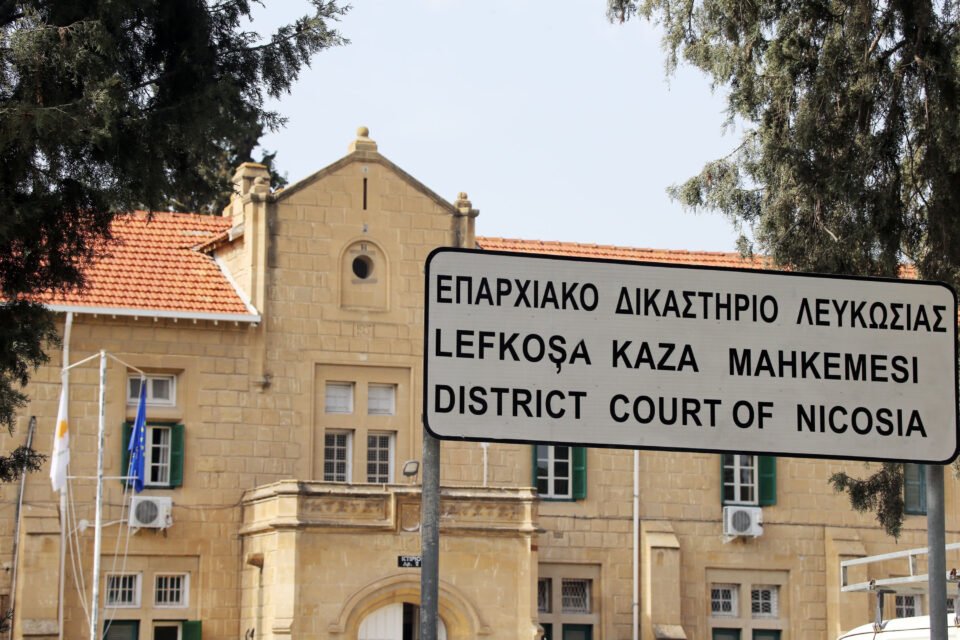The Court of Appeal has voided a prior ruling by the administrative court that had granted an asylum seeker applicant access to classified documents, it emerged on Monday.
In a statement, the attorney-general’s office said the Court of Appeal found that barring access to classified documents is both possible and legitimate where such disclosure “may harm the vital interests of the Republic”.
The case concerns a foreign national who had applied for international protection status. The Asylum Service (ministry of the interior) had denied the application, also excluding the applicant from being granted complementary protection status.
Complementary protection is protection for those who are not refugees but who can’t return to their home country because they will suffer certain types of harm.
A person can be granted a protection visa on the basis of complementary protection if there are substantial grounds for believing that there is a real risk the person will suffer ‘significant harm’ if they were removed to their home country.
Next the applicant, wishing to challenge the Asylum Service’s administrative decision, took recourse with the International Protection Administrative Court. There, the person filed an application to reveal the documents held by the Asylum Service in his file. Essentially, the person sought to obtain access to all the information – including classified documents – which the Asylum Service had used in rejecting his application for international protection status.
The administrative court granted the applicant’s request. The attorney-general’s office then appealed this ruling with the Appeals Court.
On February 20 this year, the Appeals Court found in favour of the attorney-general and set aside the administrative court’s judgment.
In addition, the administrative court was ordered to stay its prior decision granting the applicant access to the classified information.
According to the attorney-general, the Appeals Court deemed that an applicant’s right of access to documents is not absolute but, rather, “this right may be constrained by the court, weighing the applicant’s right against the administration’s interest in safeguarding national security by not disclosing sensitive information.”
The statement added: “Consequently, non-disclosure of information to the applicant is both possible and justified, if such disclosure might jeopardise national security in a direct and specific manner, among other things putting at risk the life, health or liberty of third parties, or revealing the special methods of investigation used by national security authorities.”
In addition to voiding the judgment at first instance, the Court of Appeal awarded court costs in favour of the Republic.







Click here to change your cookie preferences